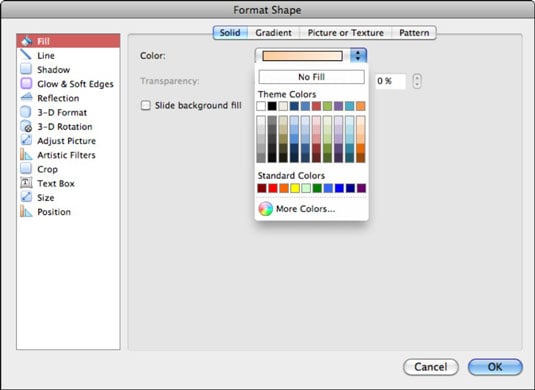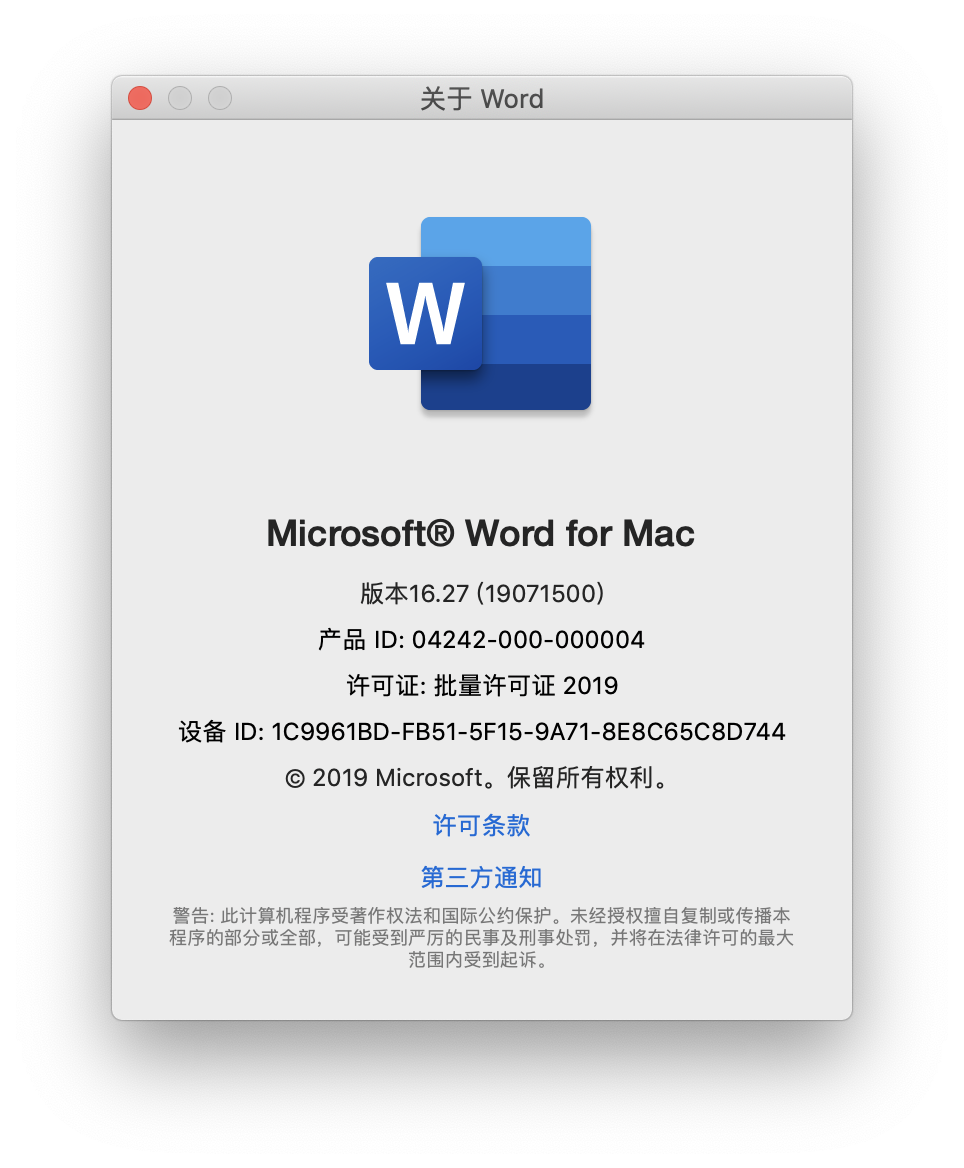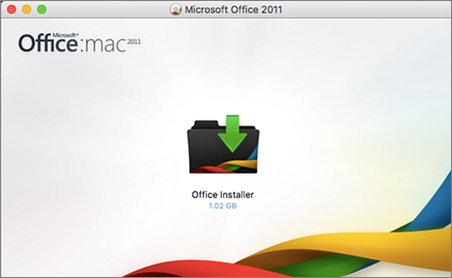Microsoft Communicator for Mac 2011, the. Office applications: Word, PowerPoint. Emoji Emoticons. Emoji Emoticons gives quick and easy access to over 800 popular emoji icons (emoticons) so your emails. Emojis in Microsoft Word 2011 (Mac) and Apple. Inspiration Set for Word. Microsoft Access by Microsoft Corporation is a database management application that works with the MDB file format. Unfortunately, there is no version of Microsoft Access for Mac released yet, which means that other applications with similar functionality need to be used.
- Office 2011 Access For Mac Osx
- Microsoft Office Access 2011 For Mac Free Download
- Office 2011 For Mac 2011
Microsoft has released Office for Mac 2011. The latest version of the Office Suite aims to bridge the divide between the Mac and PC, and it packs a ton of new features, including Microsoft Outlook, collaborative sharing and editing, and an updated interface.
Microsoft decided to forego upgrade pricing this year, charging everyone the same regardless of whether they have a previous version. Are the new features and additions worth the price? Read our hands-on review to find out.
Office 2011 Access For Mac Osx
Outlook 2011
With Office for Mac 2011, Outlook makes its triumphant return to the platform. The last time Microsoft made Outlook available on the Mac was with Office 2001 — and that version was only for Exchange users. Instead, Microsoft introduced Entourage.
Three years ago, when I switched to OS X full-time, not having Outlook was a large barrier for me to overcome. Apple Mail was a chore. Since then, Mail.app has improved, gaining native Exchange support and native interoperability with Gmail and other IMAP services. My e-mail needs have also changed and I no longer find myself in need of full Exchange server functionality — and I know I'm not alone. The need for robust Exchange support has dwindled as more businesses continue to move from managed domain-based e-mail to services like Google Apps.
When Office for Mac 2008 was released, many questioned whether Entourage was as good as Outlook 2007. The answer was no. Two years later, the question has shifted only slightly: Is Outlook for Mac as good as Outlook 2010? The context on the other hand is dramatically different.
After several weeks of testing, I feel confident in saying that Outlook 2011 for Mac is the first Mac e-mail client that is on par with its Windows counterpart. Not every feature of Outlook 2010 is in Outlook 2011 for Mac, but it's extremely close.
So how is the transition from Apple Mail to Outlook? To test Outlook 2011's prowess, I did something I wouldn't recommend doing under most circumstances: A bulk import of all e-mail messages, accounts and signatures from Apple Mail.

To be clear, I'm a heavy e-mail user. I maintain three active e-mail accounts, each with intricate sets of rules and filters and large volumes of messages. During past attempts, Entourage simply froze, so I was curious whether Outlook would be up to the abuse.
To its credit, Outlook managed to import gigabytes of data without crashing, while keeping my rules intact — though I did have to run them on my various inboxes after the process was finished. I was also able to sync my address book with Address Book for Mac and it pre-populated my work calendar using e-mail invitations.
The one thing that kept the process from being seamless was importing/exporting other calendar events. If you already have calendars setup through Google, MobileMe or iCal, you have to export the calendars and then manually import them into Outlook. Still, any invitations from your inbox will populate themselves in a calendar associated with that account.
The default presentation is three vertical columns, but you can switch to two columns or to a split-column view similar to what Mail.app uses. You can also check the status of sending/receiving mail, and you can view local folders and IMAP mapped folders with ease.
The integration of alarms and alerts for upcoming appointments or events is a really nice touch. I also like how you can have a tear-off 'Today' column for to-dos and upcoming events.
The threaded conversation view is really nice — but it isn't fool proof. It groups together all items sharing the same subject. The problem is that sometimes it confuses itself with the same subjects from different threads. It would be nice if this could be more granulized.
Outlook 2011 is fast, though I'm not sure it's as fast as Apple Mail with the same accounts setup. It also has support for Exchange Server 2007 and 2010 accounts worked without a hitch, even over a VPN. Plus, Microsoft has fixed the way Time Machine backups and Spotlight indexing works, meaning that you don't have to worry about backups taking six times longer (like you did with previous versions of Entourage).
Word 2011
Microsoft Word 2008 for Mac was a solid offering. The improvements to Word 2011 are less visible than the inclusion of Outlook, but they are noticeable.
There are now more templates and document types available, and many of the features from Microsoft Publisher are added directly to Word 2011.
You can now use the Word co-authoring tool that was introduced in Office 2010 for Windows. It allows teams to collaborate by sharing files using Windows Live SkyDrive or SharePoint.
Microsoft has also improved its Automator support for creating Automator Workflows in Word and other Office 2011 products.
Perhaps the best feature, though, is the new distraction-free writing mode, which long-form writers may enjoy.
PowerPoint 2011
We're just going to come right out with this: Keynote is better. Having said that, the professional world runs on Powerpoint, and there are some promising additions in PowerPoint 2011.
For instance, the ability to collaborate and access files from various locations is a huge win — especially if you are a SharePoint user. This also makes it easy to broadcast presentations online.
Apple has toyed with some of these features in iWork '09, but it hasn't taken it as far as Microsoft with Office 2011.

We would love to see some iOS options for PowerPoint, because the ability to control a presentation from an iPhone or iPad and make edits on the go has become a key feature for Keynote. Microsoft already has the cloud computing aspect with SkyDrive, so it wouldn't be a stretch to release an app.
Excel 2011
Excel 2008 removed some of the macro support for files created in Excel for Windows, specifically those created with Visual Basic. Visual Basic support is back for Excel 2011 and there are new features that work across platforms.
Like Word and PowerPoint, you can access files using SharePoint or Windows Live SkyDrive.
There are also new tools for managing tables and conditional formatting. Like Word, Excel is just more polished than its already shiny offering.
Performance

The first time you run an Office program, it might take a few seconds to launch, though subsequent program launches get faster. Every time you logout or restart your computer, the process starts over, but launching remained quick. For us, it was a big improvement over Office 2008.
Microsoft Office Access 2011 For Mac Free Download

As we said, Outlook did seem a bit slower than Apple Mail, but it wasn't slow and we didn't have any crashes.
Excel and Word seem on par with Pages and Numbers, though we would still give a speed/performance edge to Keynote over PowerPoint.
Interface
Call me crazy, I like the Ribbon. I think Microsoft nailed the concept in Office 2011. It managed to take the best elements from the Windows version but still keep the Mac functionality that makes a Mac a Mac.
Overall
Microsoft Office for Mac 2011 is not only a great Mac release, it's a great Office release. It seems that finally as much care has gone into creating Office for Mac as goes into Office for Windows.
Despite the move to the cloud, many of us still use an office suite to do much of our work. Office for Mac 2011 is a great way to get more done on your Mac.

Office for Mac 2011 is $149.99 for the Home & Student edition (three installs), which does not include Outlook 2011. Office for Mac 2011 for Home & Business users is $279.99 (also three installs).
Reference: Our testing conducted on a late-2009 27-inch iMac with an Intel i7 and 8GB of RAM, running Mac OS X 10.6.4.
Cells, rows, and columns in Excel 2011 for Mac work just like a table in Word or PowerPoint, but have many more capabilities. Adding rows and columns is almost as easy as pressing a button:
Office 2011 For Mac 2011
Inserting a cell: Select a cell (or multiple cells) and then choose Insert→Cells from the menu bar. Alternatively, click the Ribbon’s Home tab; in the Cells group, choose Insert→Insert Cells. A small dialog asks you which way to push the existing cells.
Inserting a row: Select a cell (or multiple cells row-wise) and then choose Insert→Rows from the menu bar. Alternatively, click the Ribbon’s Home tab; in the Cells group, choose Insert→Insert Rows. Your new, blank row(s) push(es) the current row and the rows beneath down one (or more) row(s).
Inserting a column: Select a cell or multiple cells column-wise and then choose Insert→Columns from the menu bar. Alternatively, click the Ribbon’s Home tab; in the Cells group, choose Insert→Insert Columns. Your new, blank column(s) push(es) the current column and columns one (or more) column(s) to the right.
You can delete cells, rows, or columns in the following ways:
Deleting a cell: Select a cell and then choose Edit→Delete from the menu bar. Alternatively, click the Ribbon’s Home tab; in the Cells group, choose Delete→Delete Cells. A small dialog asks you which way to move the existing cells.
Deleting a row: Select a row number and then choose Edit→Delete from the menu bar. Alternatively, click the Ribbon’s Home tab; in the Cells group, choose Delete→Delete Rows. Your selected row vanishes, and the rows beneath move up one row.
Deleting a column: Select a column letter and then choose Edit→Delete from the menu bar. Alternatively, click the Ribbon’s Home tab; in the Cells group, choose Delete→Delete Columns. Your column disappears, and columns to the right move one to the left.
